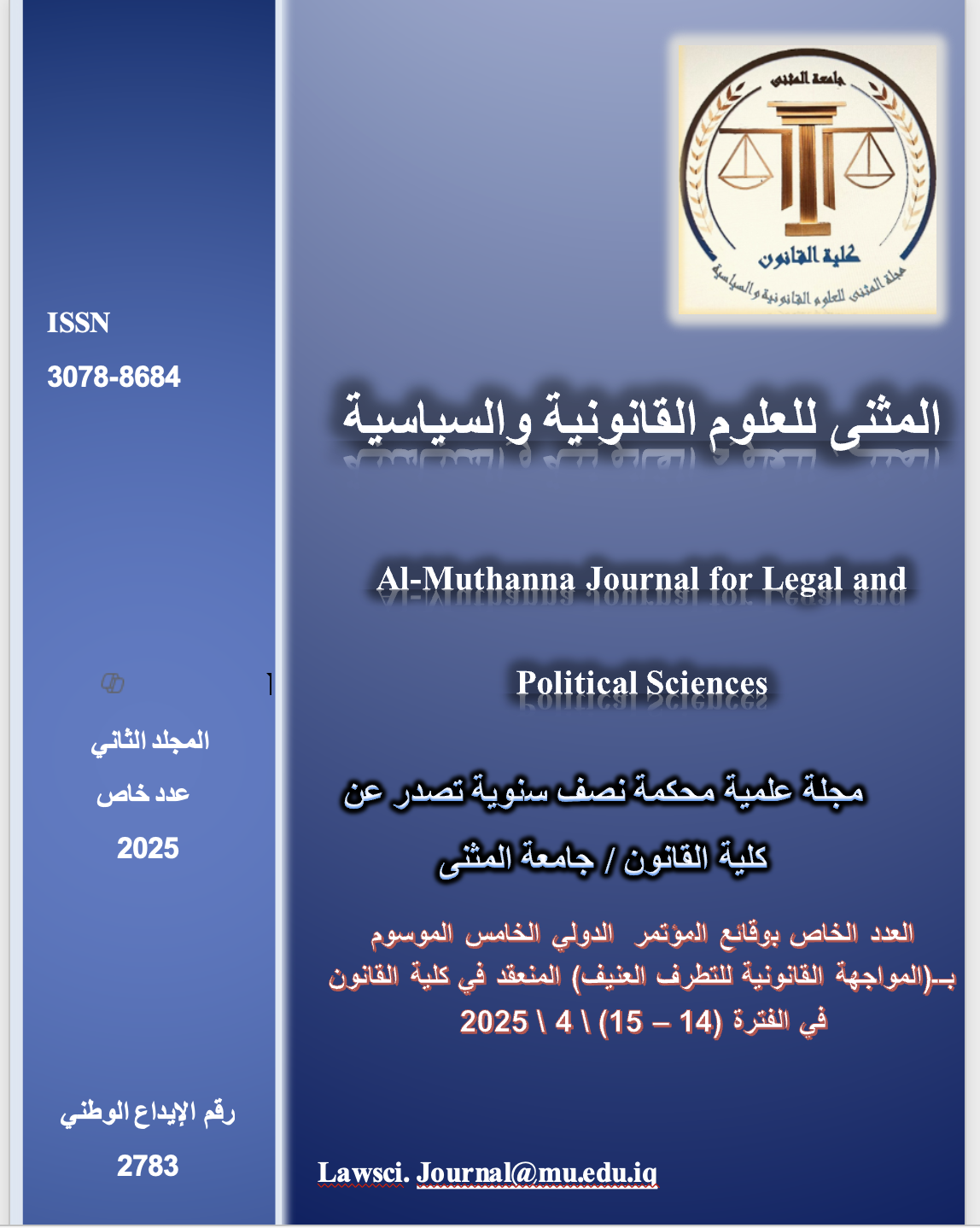دور التطرف في جريمة الاتجار بالأطفال والنساء
DOI:
https://doi.org/10.52113/08-1016Keywords:
: Extremism; Terrorism; Legislation; Causes of Extremism; Countering Extremism; Child Trafficking; Women TraffickingAbstract
Intellectual extremism does not represent an isolated condition detached from the broader social and cultural context; rather, it is necessarily one of its direct or implicit outcomes. Accordingly, any attempt to address intellectual extremism must take into consideration the reality of the family, the school, cultural production, and the media. The more comprehensive and multidimensional such approaches are, the more effective and beneficial the results will be. Nevertheless, it must be acknowledged in advance that we are living in an era in which controlling ideas and convictions or redirecting them has become increasingly difficult. Under the shadow of the digital revolution, everyone now possesses the ability to influence and counter-influence. What truly matters is that efforts be carried out in a more systematic and sustainable manner, with greater capacity to determine priorities. Unless the underlying causes that provide fertile ground for the spread of extremist ideas in both the Arab and Western worlds are properly addressed, security-oriented measures alone will remain insufficient to confront this phenomenon, and may even contribute further to its growth. It is therefore of critical importance that all stakeholders recognize the new stage through which the phenomenon of extremism is passing in light of current realities.
Downloads
Published
Issue
Section
License
Copyright (c) 2025 م.م. علي كامل عبد الله ابو حسنة، م.م. باسل شُبّر حسن الموسوي (مؤلف)

This work is licensed under a Creative Commons Attribution 4.0 International License.



